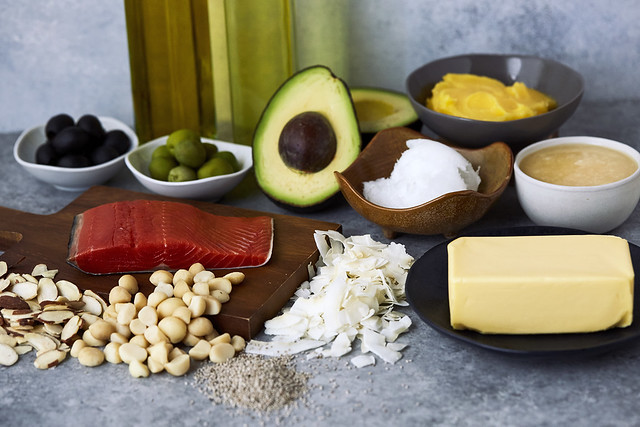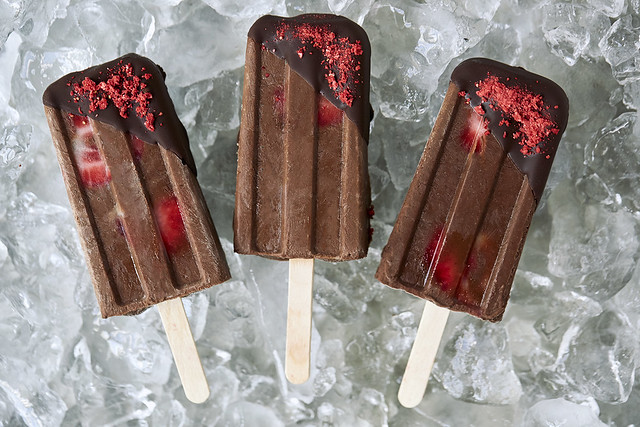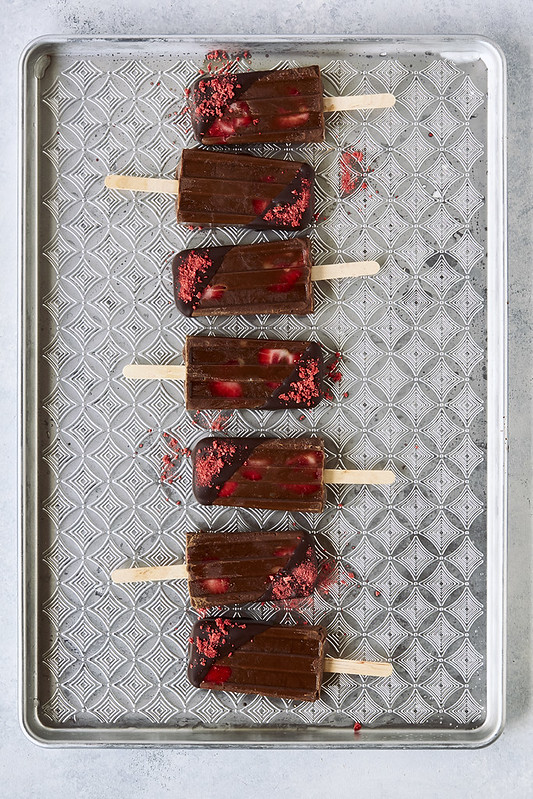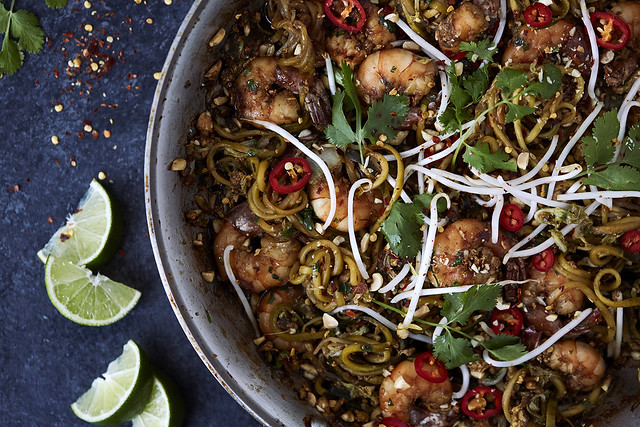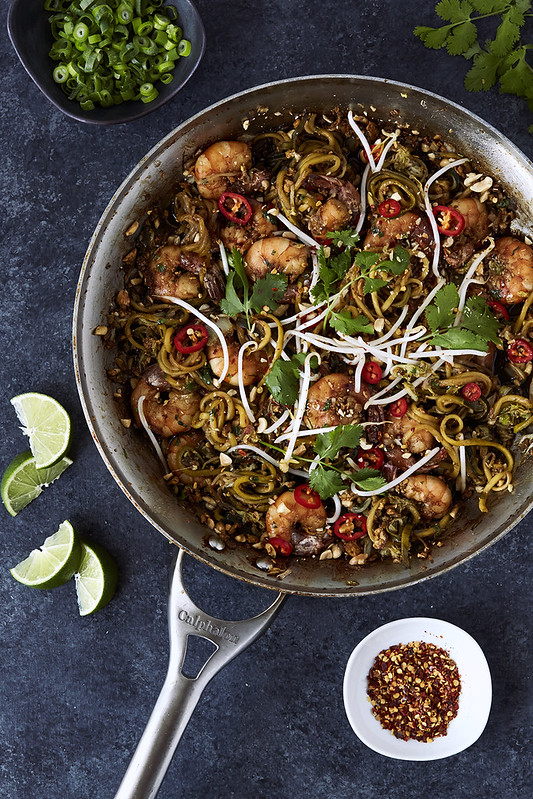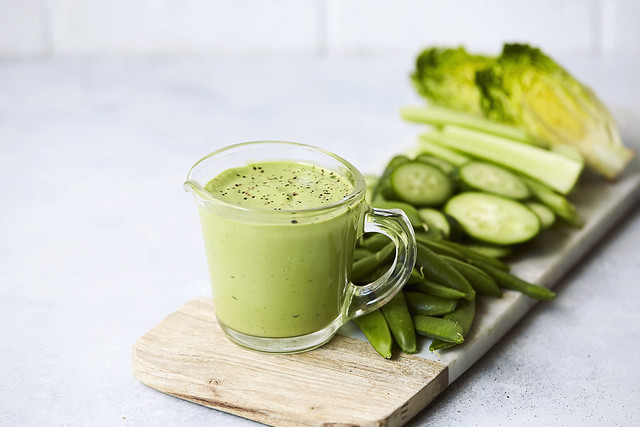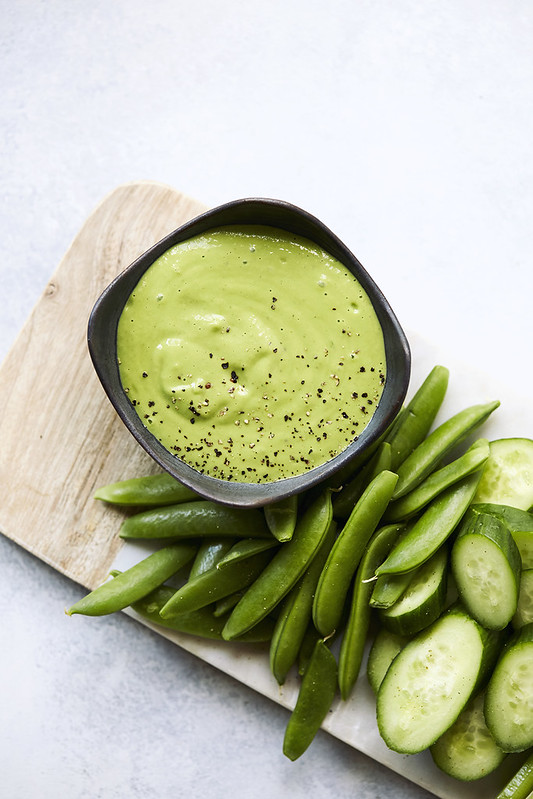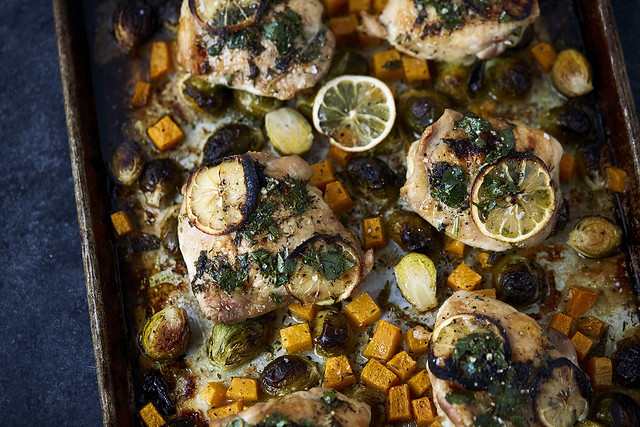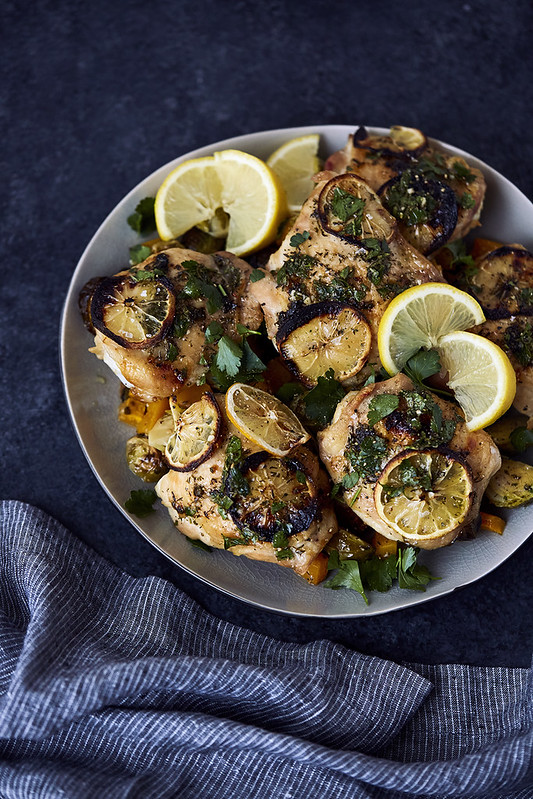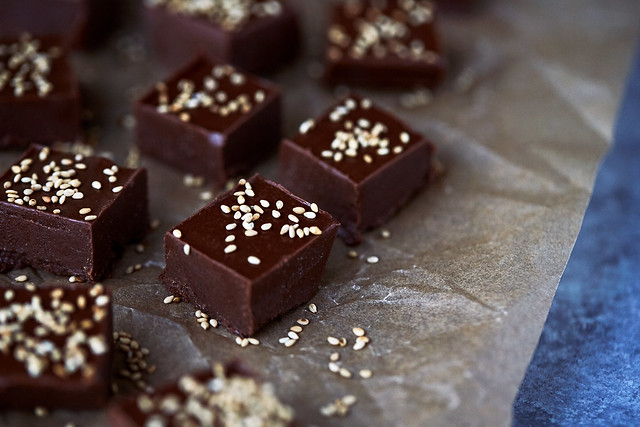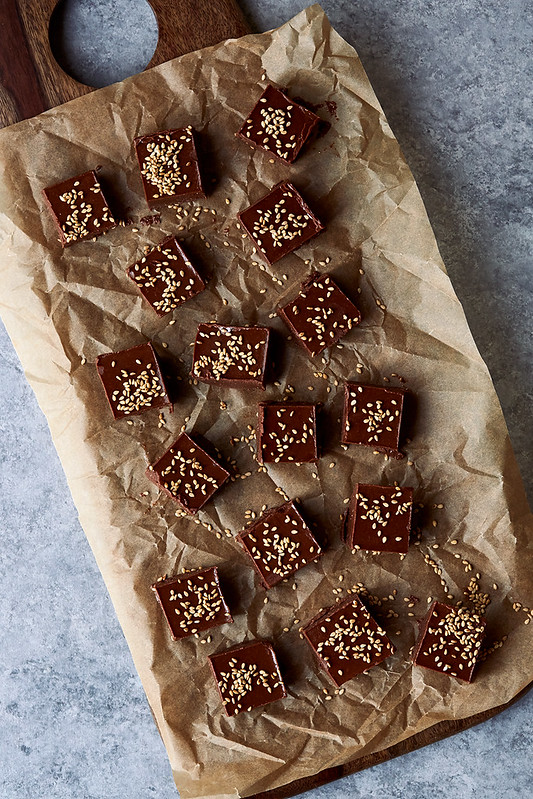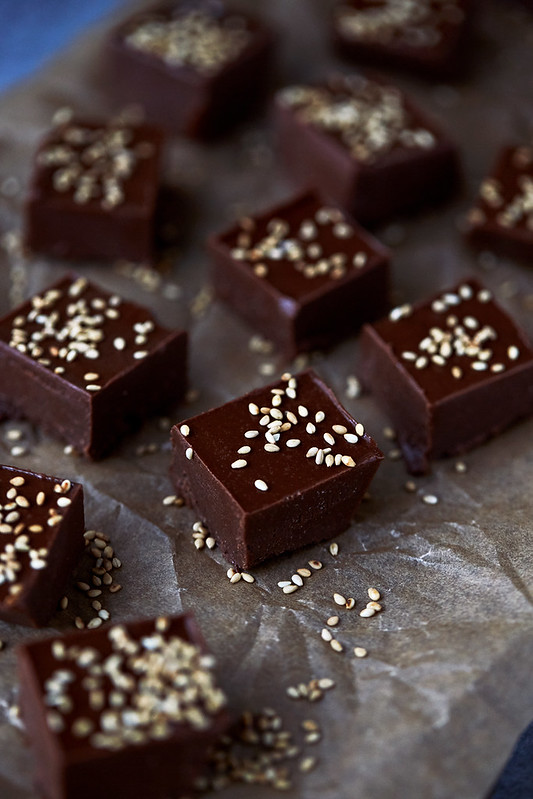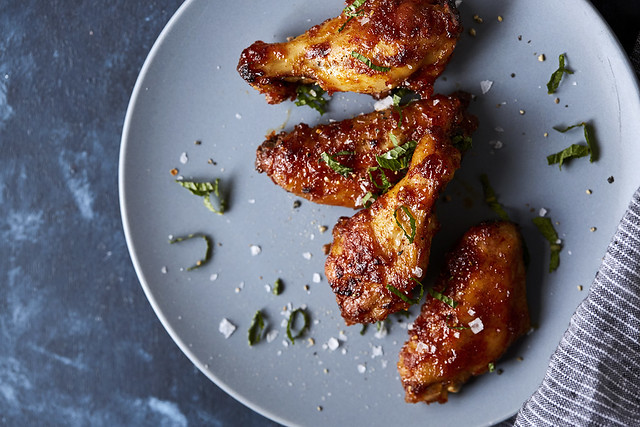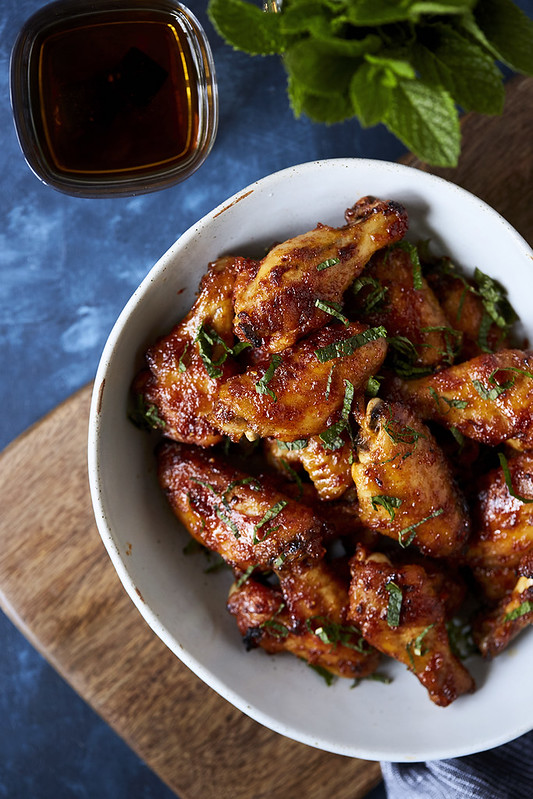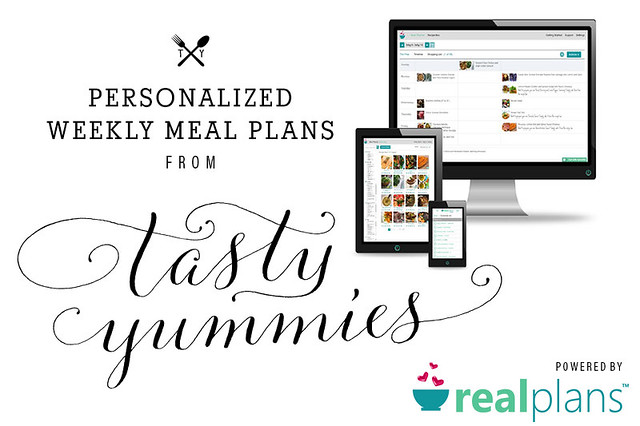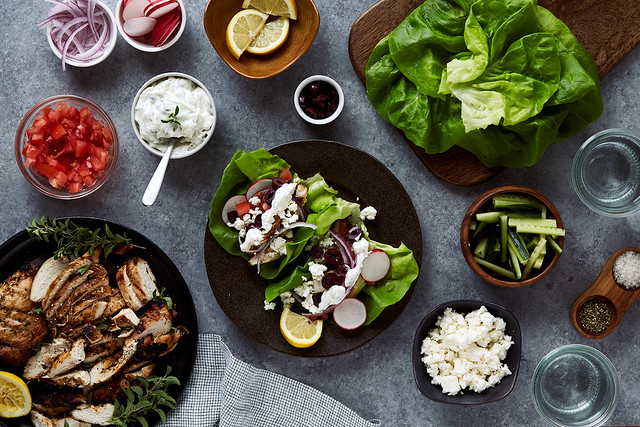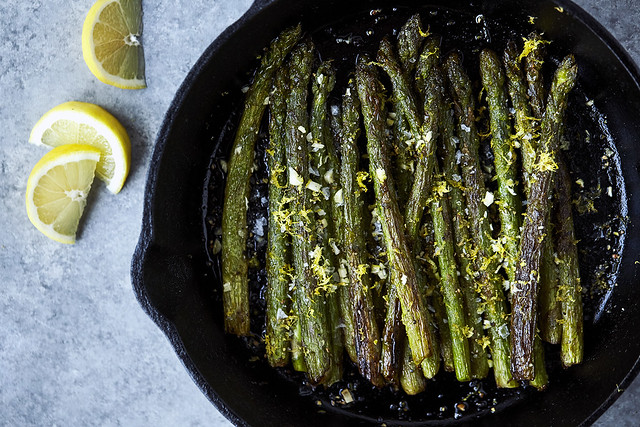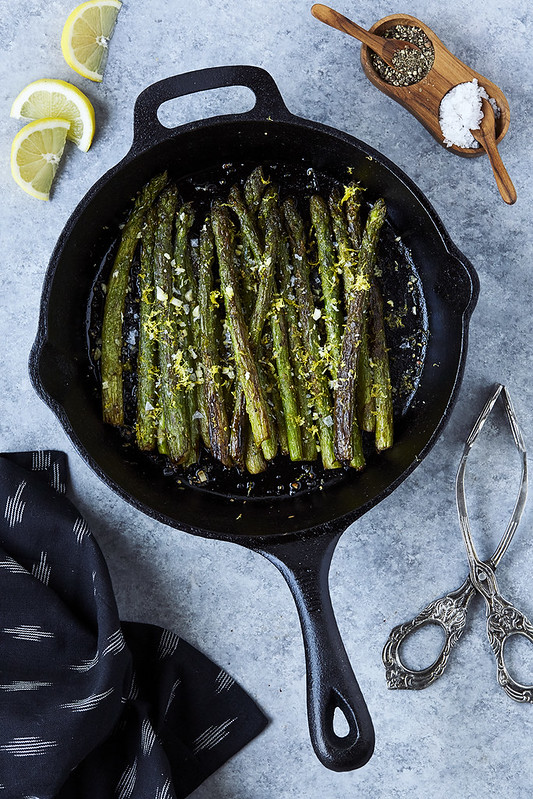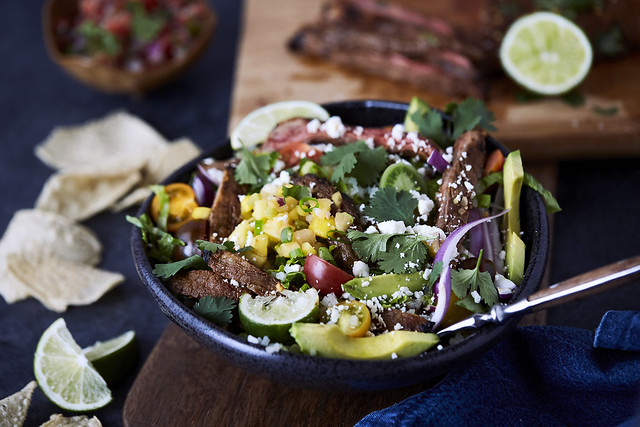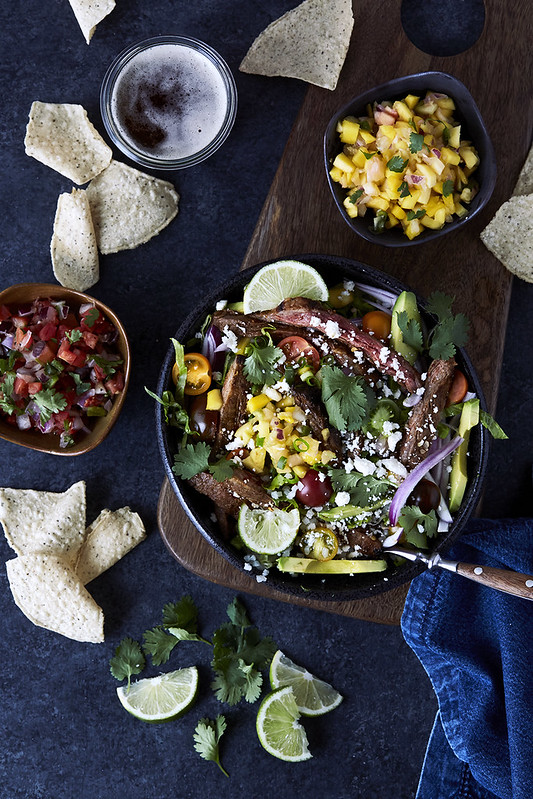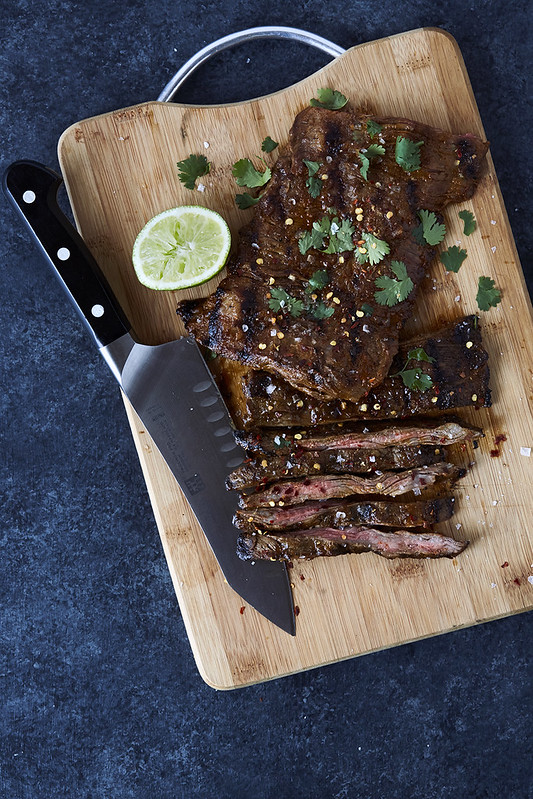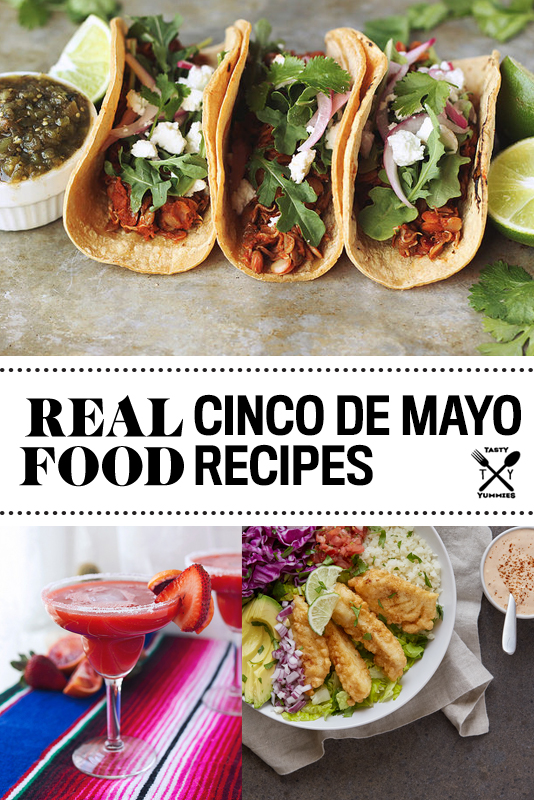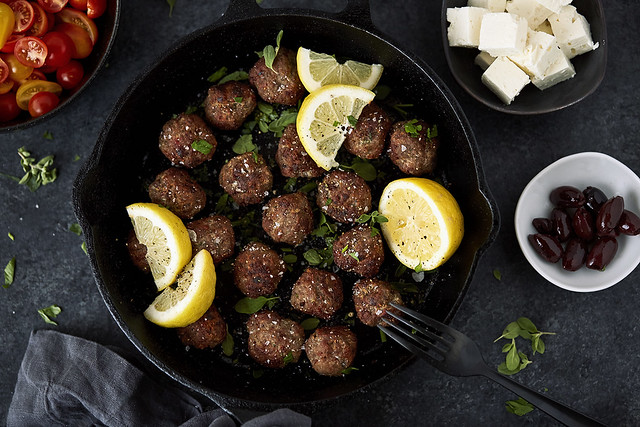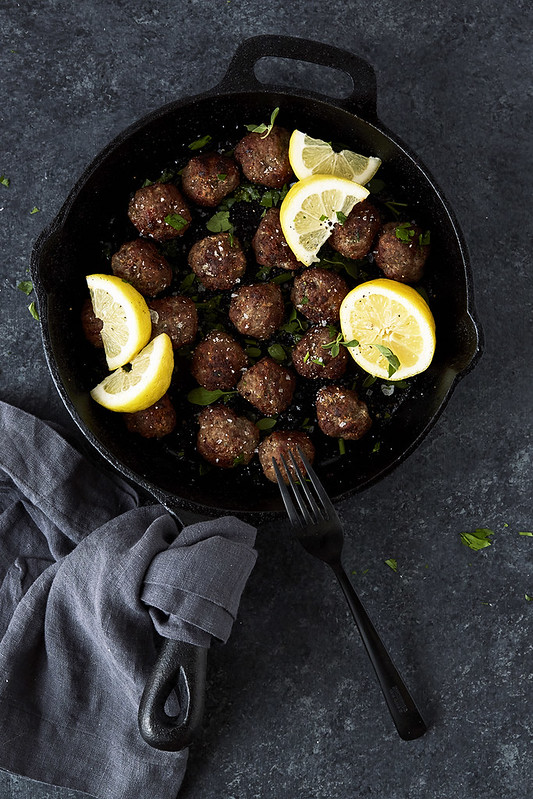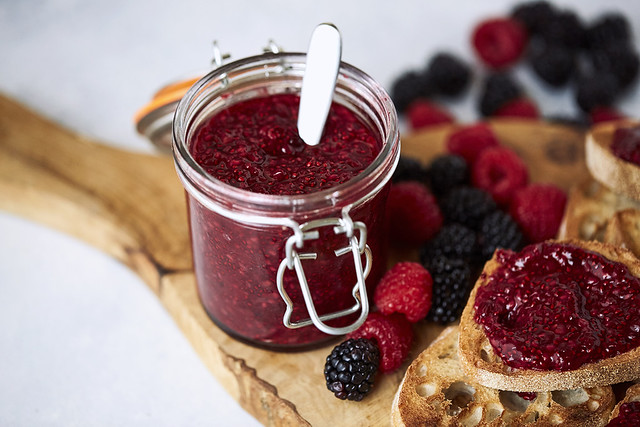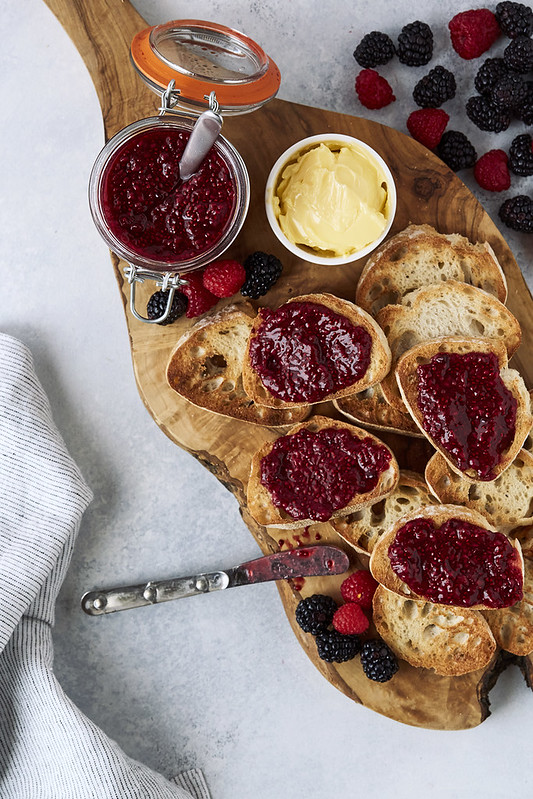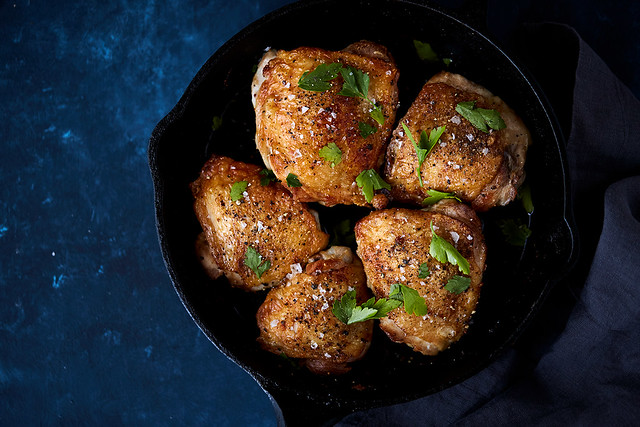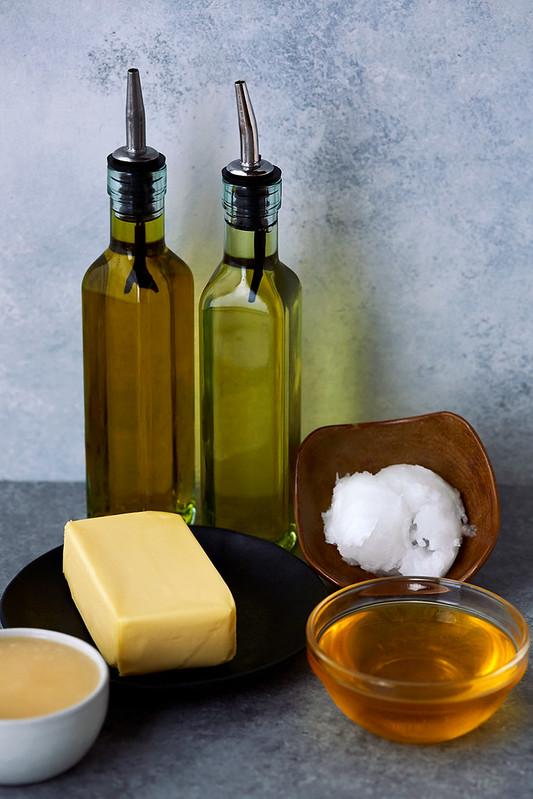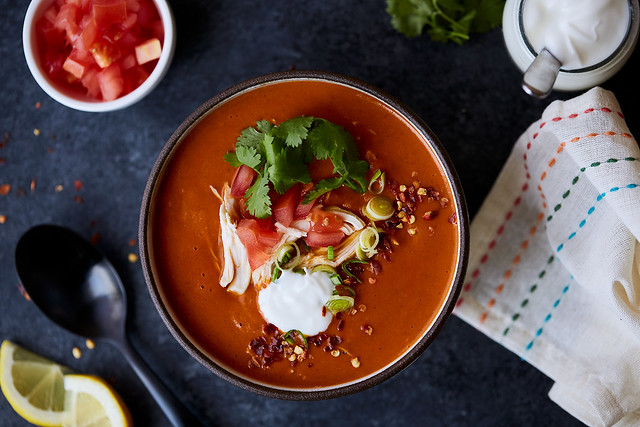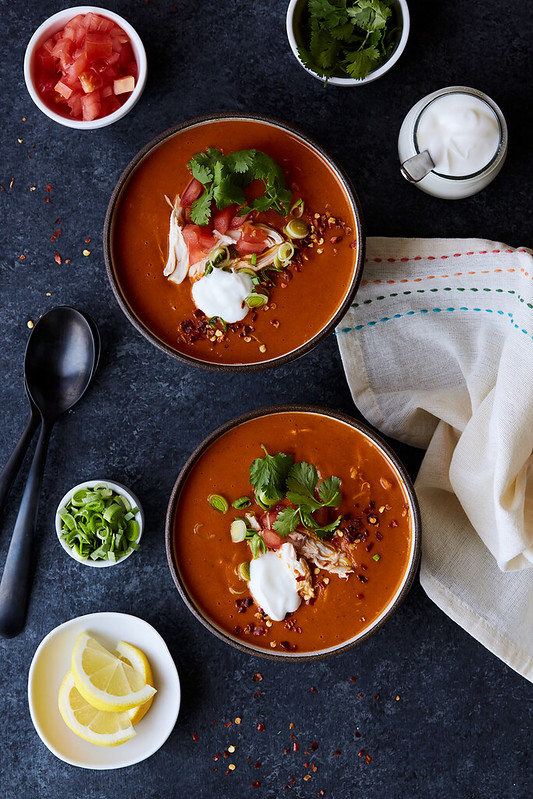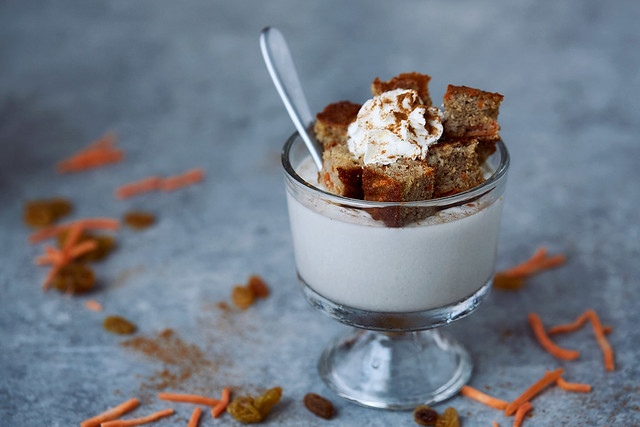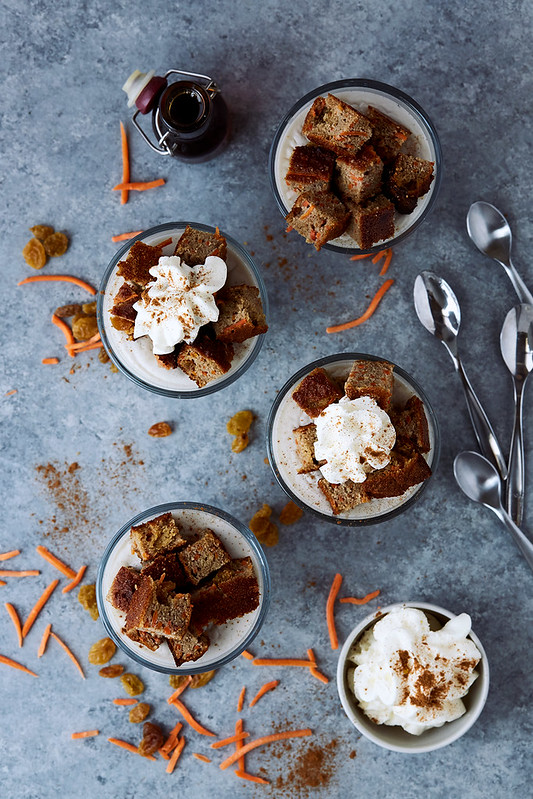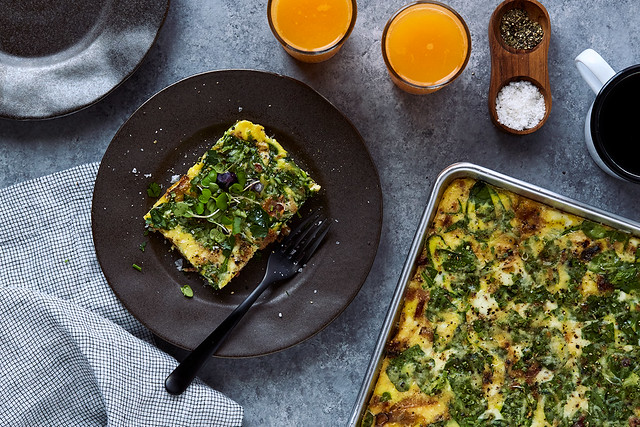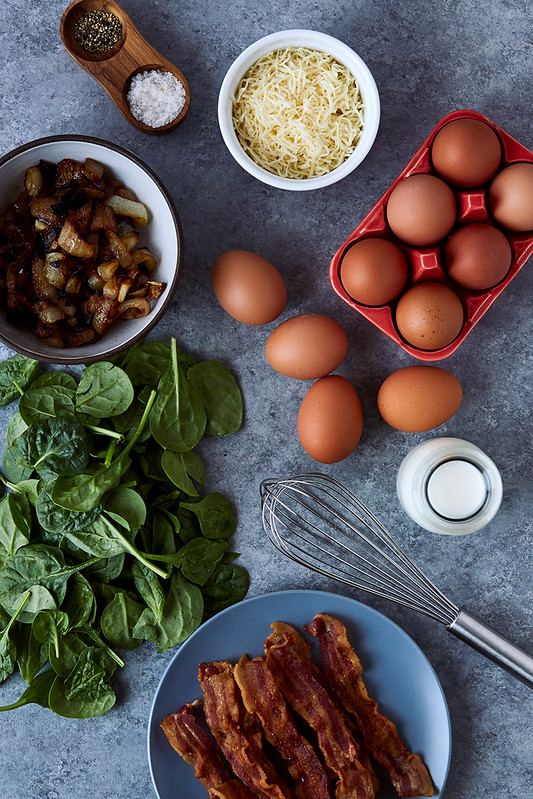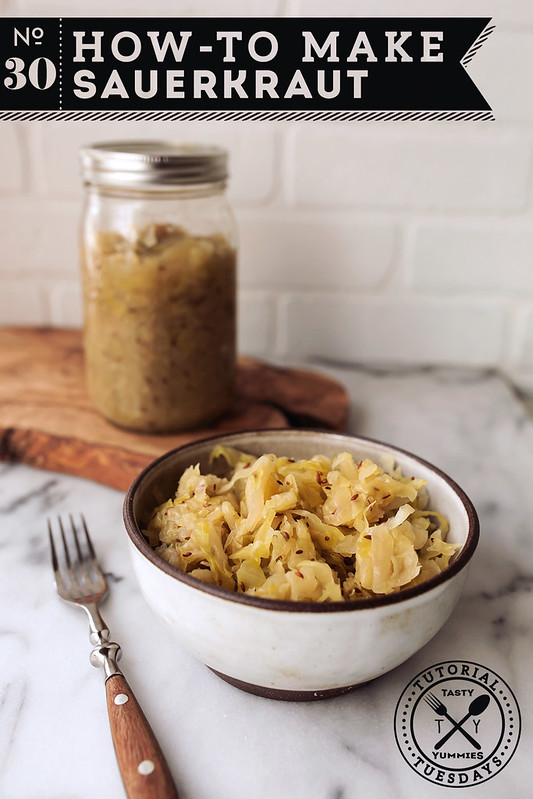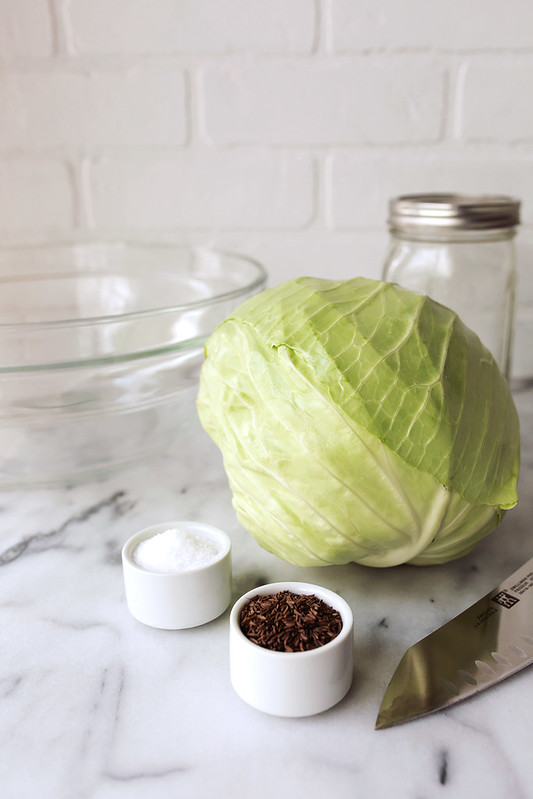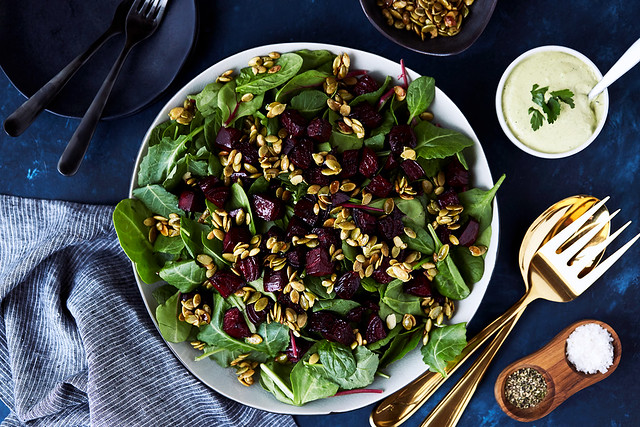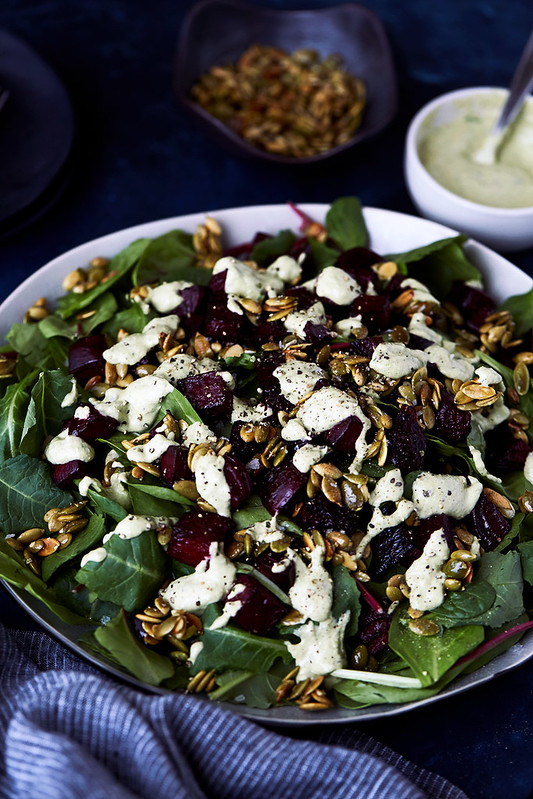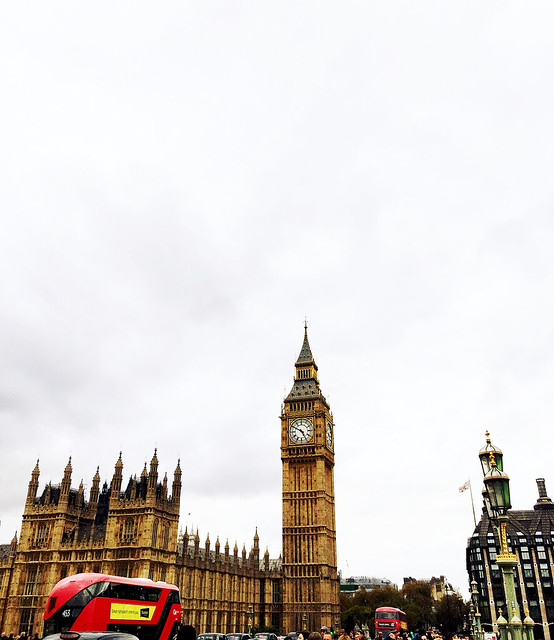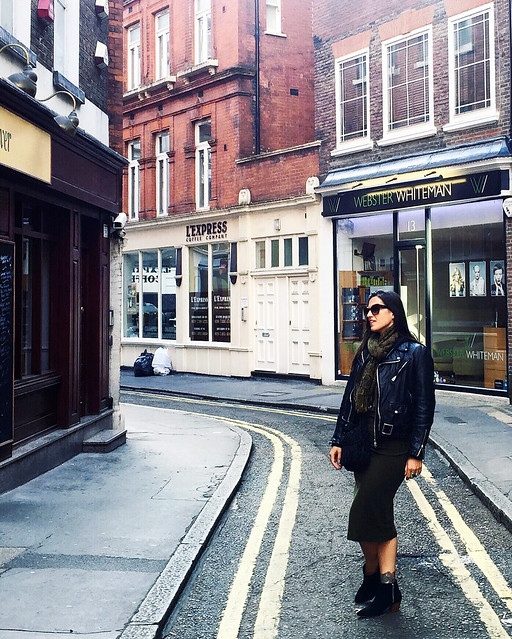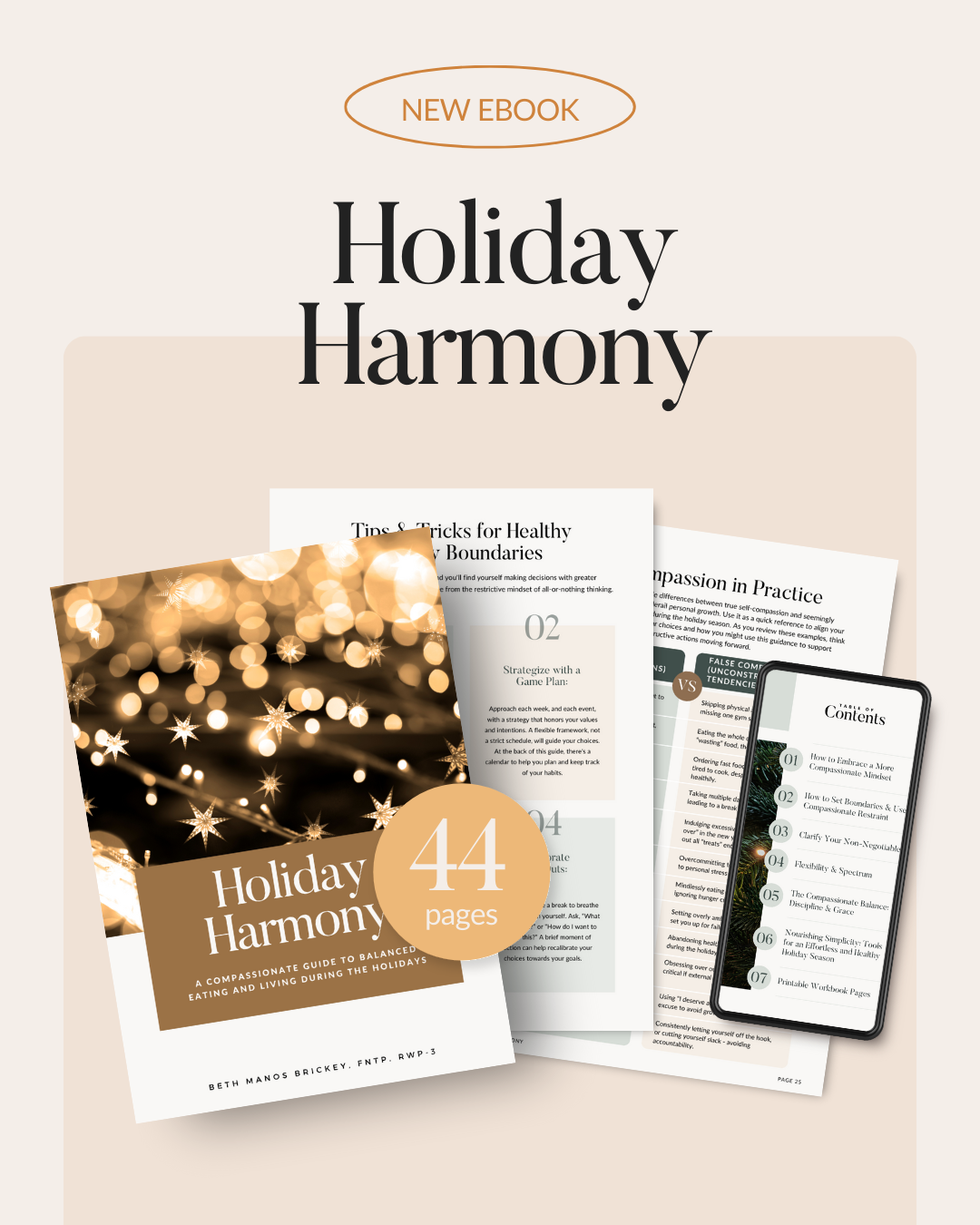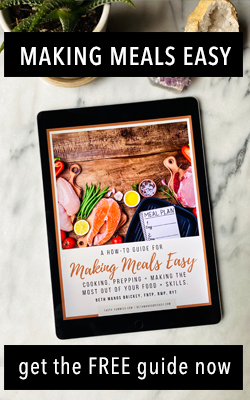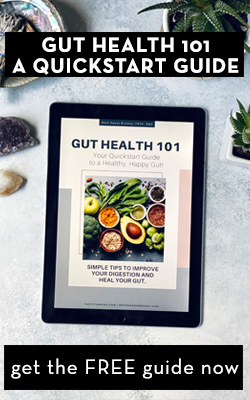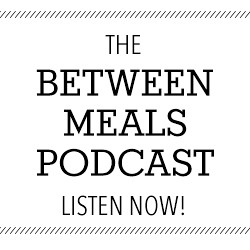-
Don’t Fear the Fat // The Basics
Why Are We Talking About Fat?
The reason I write this post, is that even though, for so many us, we have woke to this knowledge and have worked hard to reframe our approach to nutrition and no longer fearing the fat, we still have so much work to do. After many decades of low-fat propaganda, the “fat makes you fat” rhetoric is still so deeply ingrained in the collective psyche. Many people STILL greatly fear fat, even though study after study shows that fat is not only harmless 1http://ajcn.nutrition.org/content/early/2010/01/13/ajcn.2009.27725.abstract but that it is in fact, quite necessary to many important functions in the body. I myself see this fear weekly in my nutrition clients, all over the internet and in my social feeds, at the grocery store, at restaurants, at the gym, etc and of course, all of the many side effects of low fat eating – we HAVE to change this dialogue!!
The Basics
It is beyond challenging to decide where to even start on such a huge, huge topic. Chatting about dietary fat is a big undertaking and we are going to merely just scratch the surface with this initial post, decoding the myths and where the fat fearmongering began, along with the crucial reasons we need fat in our diet. So, let’s get to the basics.
First and foremost you need to know that fat is a necessity in our bodies. This vital macronutrient provides building blocks for the brain, hormone and cellular membranes throughout the body, it is essential for the absorption of fat-soluble vitamins like A, D, E and K and it is deeply hydrating!
By adequately increasing my healthy fat intake, more than any other change I have made in my lifestyle and diet, I have personally seen profound affects on my health, from my digestion to my skin including chronic hormonal and cystic acne, from my moods to my ability to concentrate, hormonal imbalances to libido (YUP!). Fat is a powerful anti-aging food, both internally and externally. Consumed as part of a healthful diet, fatty acids (the building blocks of fat) help stabilize blood sugar – allowing your body to release fat, protect it’s lean muscle, and surge with energy. When our focus is on creating meals that are rich not only in healthy fats, but also quality well-sourced proteins and fibrous green leafy veggies, we can thank especially the healthy fats for keeping us satiated. Staying satisfied for longer means so you won’t find yourself searching for the junky, processed snacks in between these healthy, whole food meals.
References
1. ↑ http://ajcn.nutrition.org/content/early/2010/01/13/ajcn.2009.27725.abstract -
Cooking Fats and Oils: Which to Include and Which to Avoid
Cooking Fats and Oils: Which to Include and Which to Avoid
Fats and oils are a necessary part of cooking, but using the right ones are down right essential to living a healthy and vital life. Just like rest of what we eat, a good rule of thumb with fats and oils is to always opt for organic and you should avoid overly-processed, highly refined fats and basically anything that your grandmother wouldn’t recognize as traditional food (i.e. basically ALL highly-refined vegetable and seed oils) – but to be frank, there is a lot more to the story! Not only do the types and quality of fats and oils matter – but so does their proper use. Honoring the various molecular structures of the different fats is the best way to insure that you are using them appropriately, without causing damage to the fats and in turn, negative affects on our health.
Here is a quick resource guide including the various uses for each:
-
Gluten-free in London (and Beyond)
This post comes a little later than I had originally planned, but here it is, none the less. Better late than never. An account of my favorite gluten-free eats from my fall trip to London (and a few from Leeds, too).
I have to say, having traveled to London about 15 years ago, I had a slight amount of trepidation around the food scene there. From my previous travels, I recall lots of traditional pub food, meat and potatoes, lots of beer and cider but not a whole lots that really knocked my socks off. Could be I was a broke 20-something that didn’t have a clue how to find good food or possibly that London was a tad late to the foodie game. I was also slightly concerned about the level of awareness and accommodation for gluten-free eaters.
I have NEVER ever visited a city more gluten-free accommodating and aware than London. Even the smallest of restaurants and cafes in the middle of nowhere not only had an extreme awareness and concern for gluten-free eaters, but every single place stocked locally baked gluten-free breads that impressed the shit of out of this 12-year strong gluten-free eater. Beyond the gluten-free awareness and options, I was also just incredibly impressed by how much London had stepped up it’s culinary game since my previous visit. I still dream of many of these meals and in fact have been experimenting with recreating some of my most favorites so I can continue to enjoy them without the 10 hour flight.
